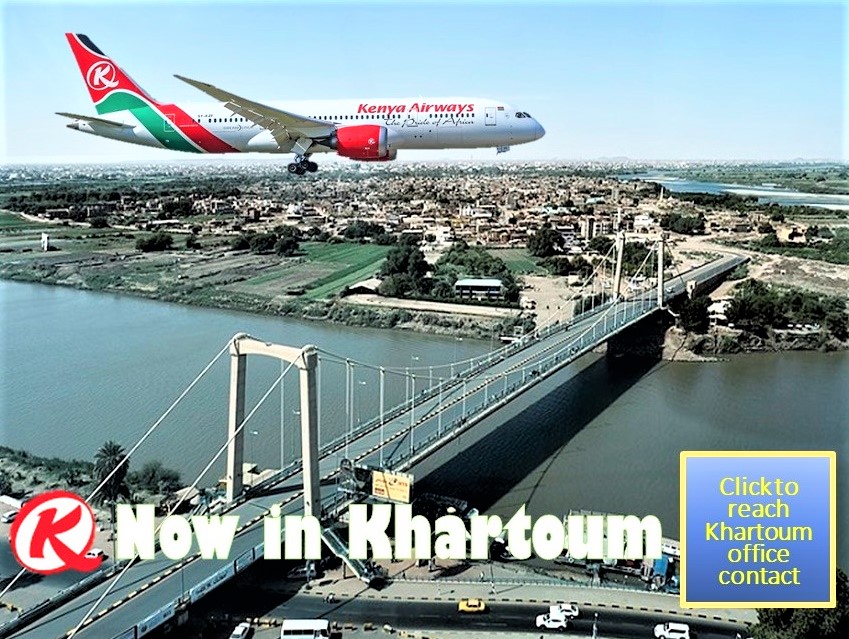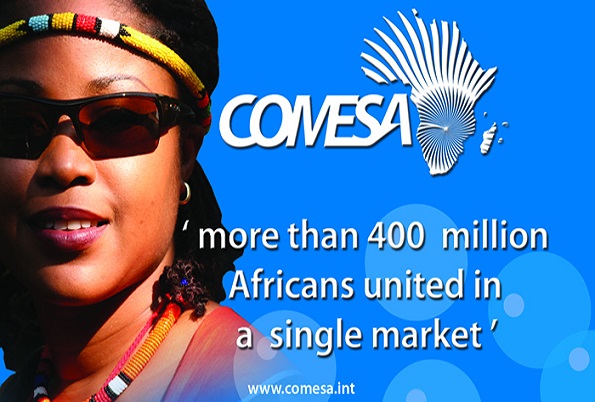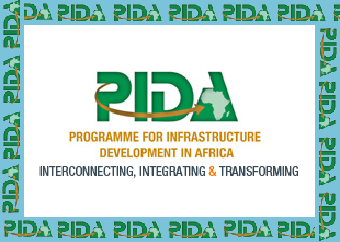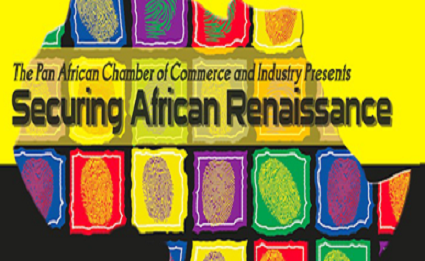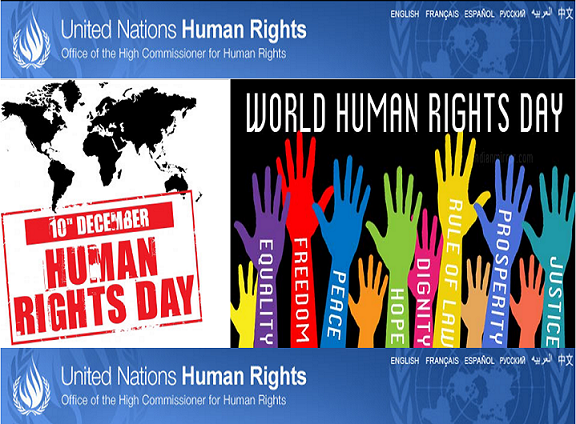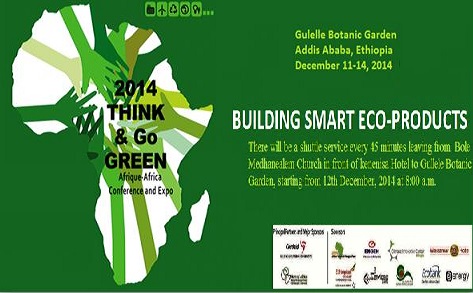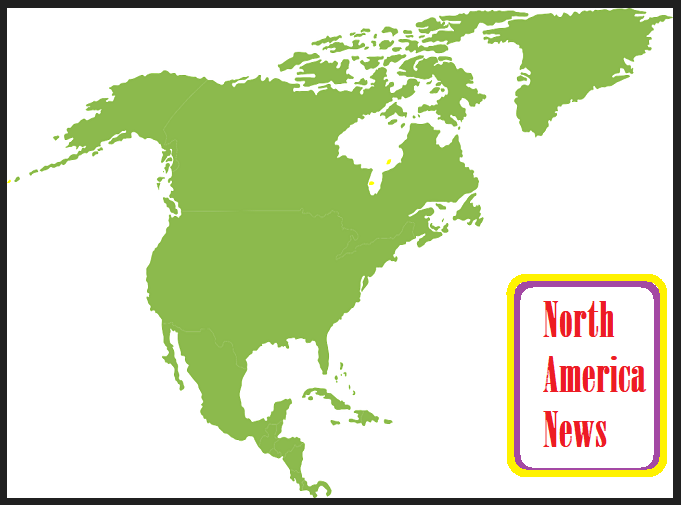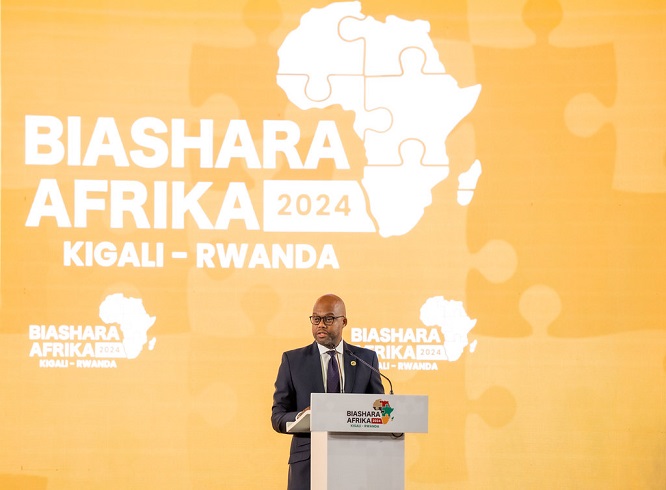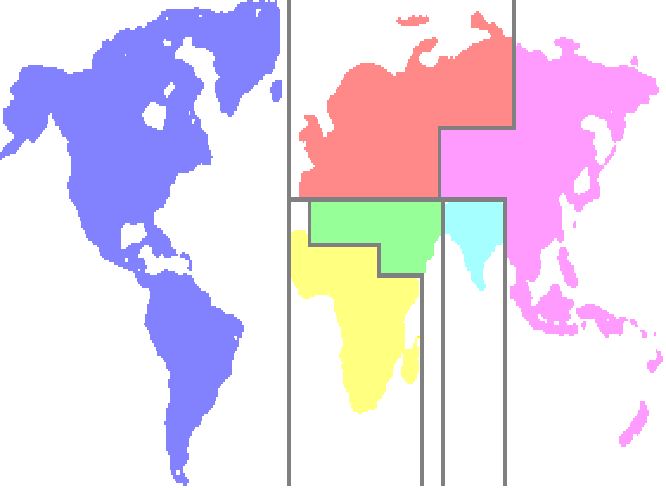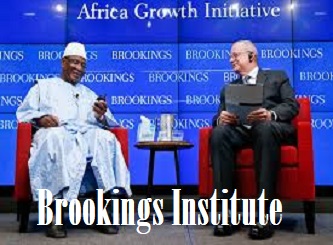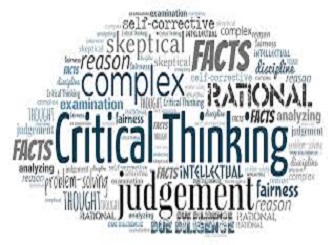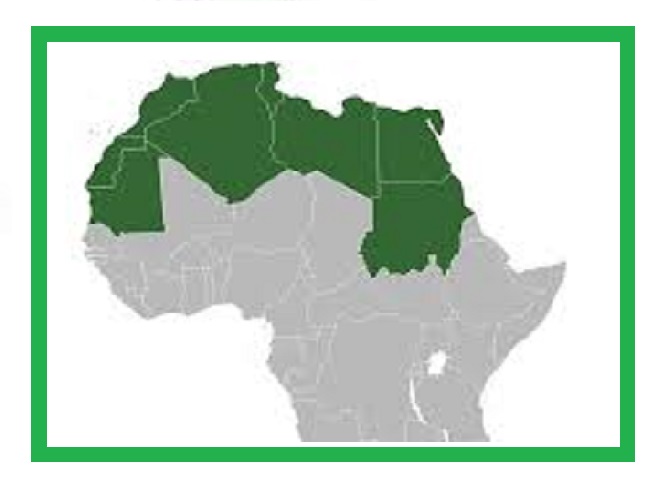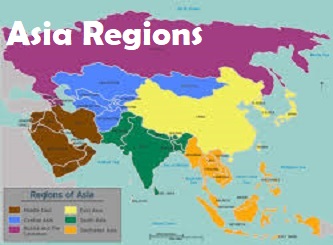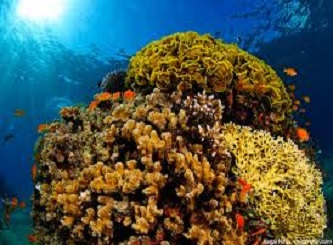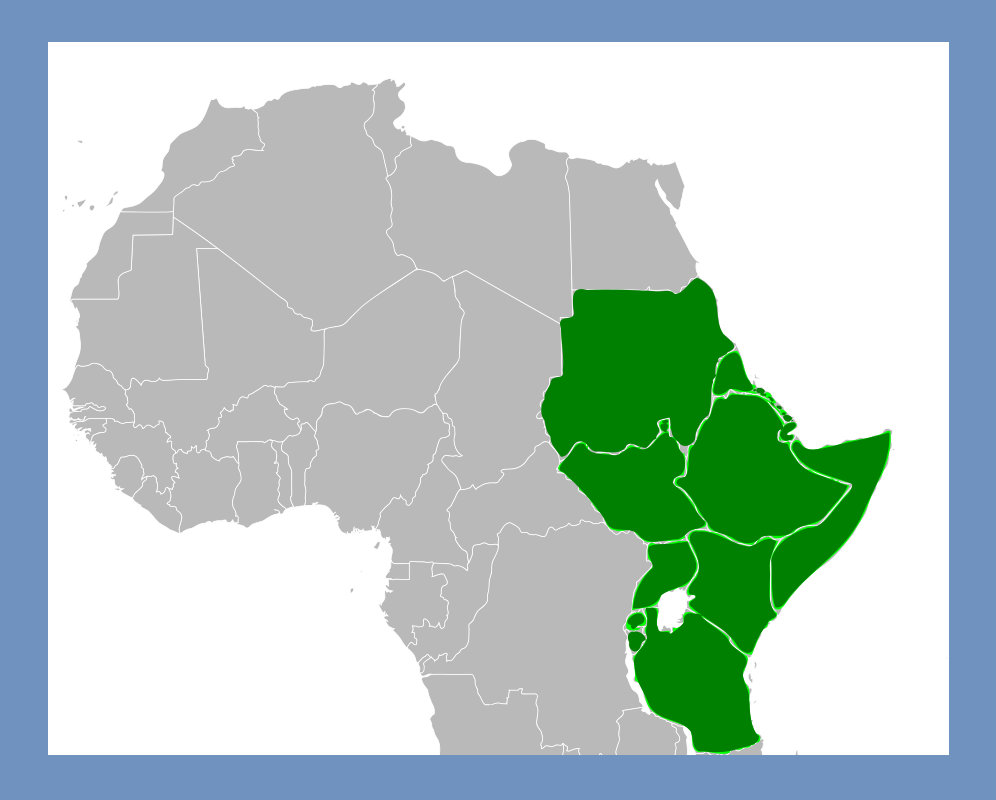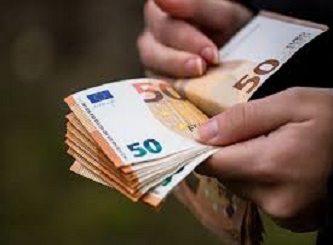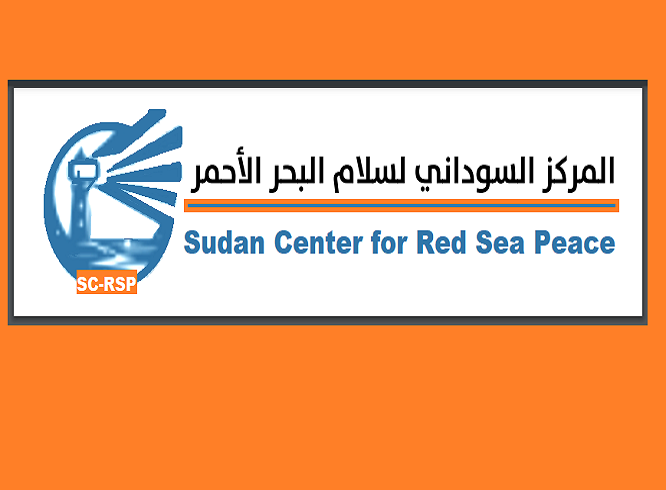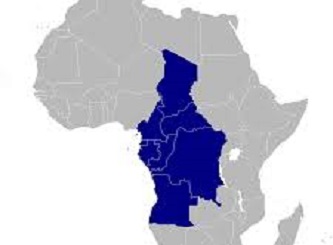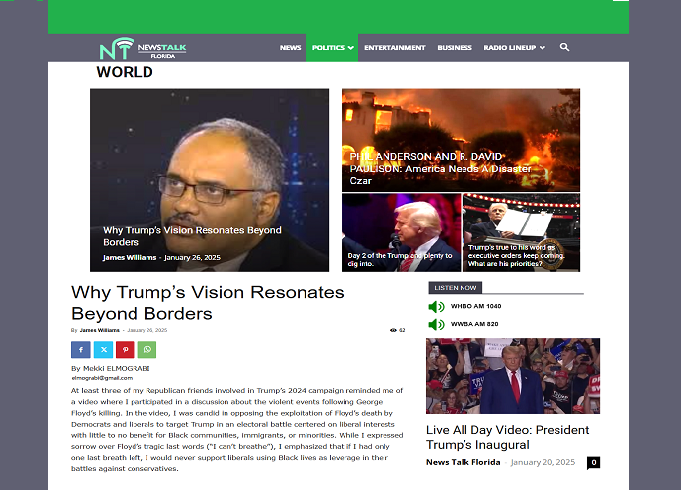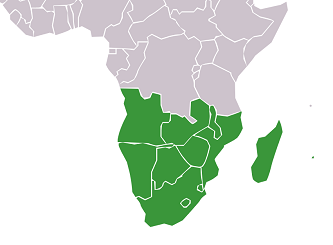Good Day: IPSS Workshop on Afro-Chinese Political and Security Issues
I have been invited to a workshop on the issue of the Afro-Chinese Security and Political relations; it was on 18th of June at Hilton Hotel Addis Ababa, Ethiopia.
The workshop was organized by Institute for Peace and Security Studies – IPSS at Addis Ababa University. The workshop comes also in a partnership between the African Union, South African Institute on International Affairs – SAIIA and Shangahi Institution for International studies – SIIS.
The workshop was perfect and the presentations were constructive and to the point, the questionnaire also was perfect, I really enjoyed it but I want to change the first question, it gives two choices on the issue of “international intervention”; Non-Interference and New interventionism.
My comment is that I don’t think that we have just these two categories:
1. Non-Interference in other countries’ internal affairs which is defined in the questionnaire as the policy of not using coercive measures be it military or economic, to achieve diplomatic goals;
2. New interventionism which is defined as the policy of using incentives/sanctions, or even military force to achieve diplomatic goals, as compared with Cold-War era proxy warfare and confrontations.
Instead of these two categories I would like to present two others:
1. Positive, Proactive, Constructive and Developmental Intervention.
2. Negative or destructive intervention based on internal conflicts and public political rights.
China is strongly criticized by human rights institutes, organizations and activists for its policy of non-interference in human rights in African countries.
It is a little bit complicated approach because if is the “right to clean water” as an example, is one of the basic and fundamental human rights, then China is the biggest contributor in human rights in Africa, that doesn’t mean the other part of the international community (specifically Western countries) are not contributing. Yes, they are doing well but China still is the biggest.
Yes, this is true! Simply because the political and economic sanctions have put western countries completely out of some African countries, not because they are not starting positive intervention.
On the issue of internal public political rights China is not contributing, but Western countries are contributing (positively and negatively).
* On the level of reporting, documenting and publishing violations of public political rights, to some extent they are good.
* On the level of political, diplomatic and military “direct intervention” their practice is completely politicized.

